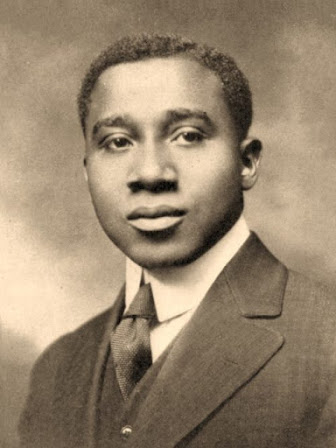Ignatius Sancho’s Minuet 5th

This February, the Daily Classical Music Post celebrates Black composers and musicians whose music has been suppressed and ignored. All of these musicians should be added to the music history and music theory curriculum. https://youtu.be/4cNE8prdcJA Throughout February, I have highlighted works by Black composers throughout history, and although I have spent my life studying classical music, I discovered many composers who I had never heard of. The classical music curriculum has to change. A great example of someone who should be in every music history textbook is Ignatius Sancho (c. 1729–1780). Sancho was born on a slave ship. His early life was spent working as a slave in a well-off household in Greenwich, England. Encouraged in his studies by a neighbor, the Duke of Montagu, Sancho was emancipated and was employed as a butler in the Montagu house. When he retired from that position, he owned and ran a small grocery shop in Westminster. Brycchan Carey says, “Sancho composed musi...


















